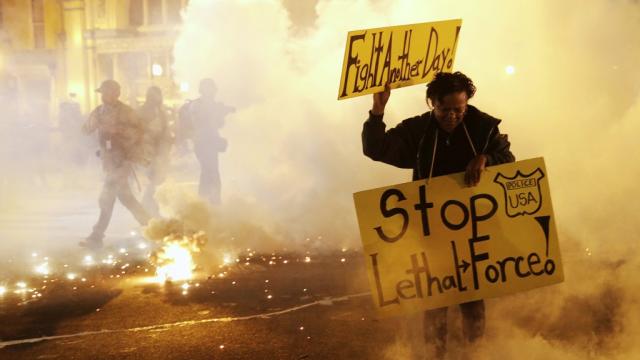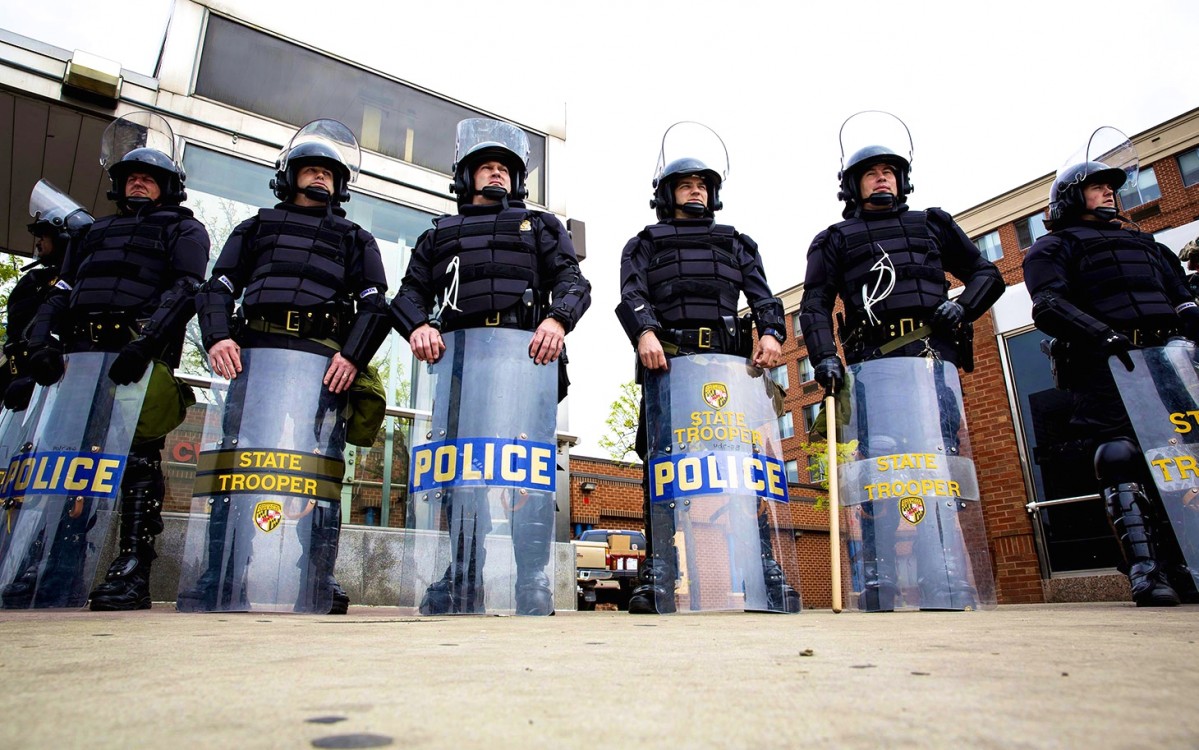
Thousands of people were taken to the Baltimore city jail in recent years with injuries too severe for them to be admitted, newly released records show. The records, obtained by The Baltimore Sun through a Maryland Public Information Act request, show that correctional officers at the Baltimore City Detention Center refused to admit nearly 2,600 detainees who were in police custody from June 2012 to April 2015.
The records do not indicate how the people were injured or whether they suffered their injuries while in custody. However, they do suggest that police officers either ignored or did not notice the injuries. Suspects are constitutionally guaranteed health care before they are booked into jail.
Baltimore police are under scrutiny for their treatment of detainees after the death of Freddie Gray last month. He died of a broken neck that prosecutors said he suffered while riding in a Baltimore police van. His death sparked widespread protests and occasional violence in the city and came amid national scrutiny of how police officers treat suspects, particularly black men.
Maryland State's Attorney Marilyn Mosby on May 1 charged the six officers involved in his arrest with felonies, ranging from assault to second-degree murder, to the relief of many in the city. At least two of the officers have filed motions challenging the prosecutor's assertion that Gray was arrested illegally.
The records obtained by the Sun showed that 123 of the detainees who weren't admitted to jail had visible head injuries, the third-most-common ailment cited by jail officials. Others had broken bones, facial trauma and high blood pressure. The Sun said that the rejected detainees represented 2 percent of bookings during that period.
The Sun also reported that most city prisoner transport vans lack safety belts. Howard and Baltimore County police departments say they are now reviewing their policies for transporting prisoners.
Baltimore police did not respond to requests for comment.
On Friday the Justice Department announced that it is conducting a civil rights investigation of Baltimore police. The investigation — similar to ones undertaken in cities such as Cleveland and Ferguson, Missouri — will examine the policing patterns and practices of the department to determine how it uses force and searches and arrests suspects.
It is far broader in scope than a separate Justice Department investigation that aims to determine whether Gray's civil rights were violated and could eventually force the city to make changes under the oversight of an outside monitor.
3 WAYS TO SHOW YOUR SUPPORT
- Log in to post comments












